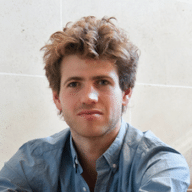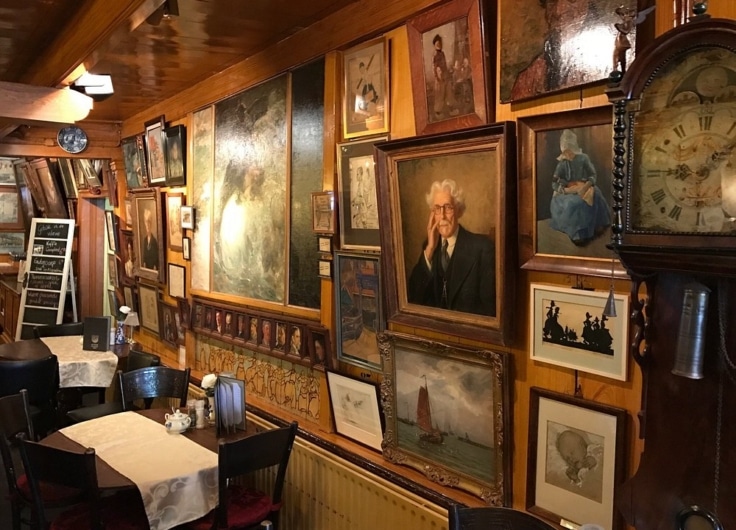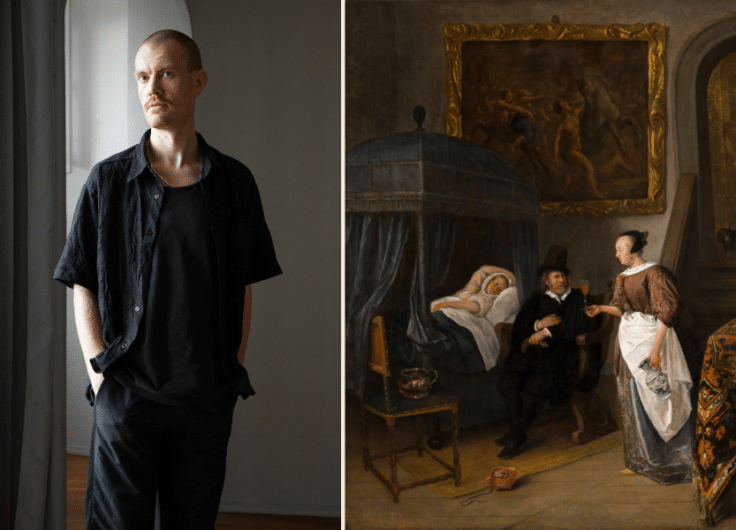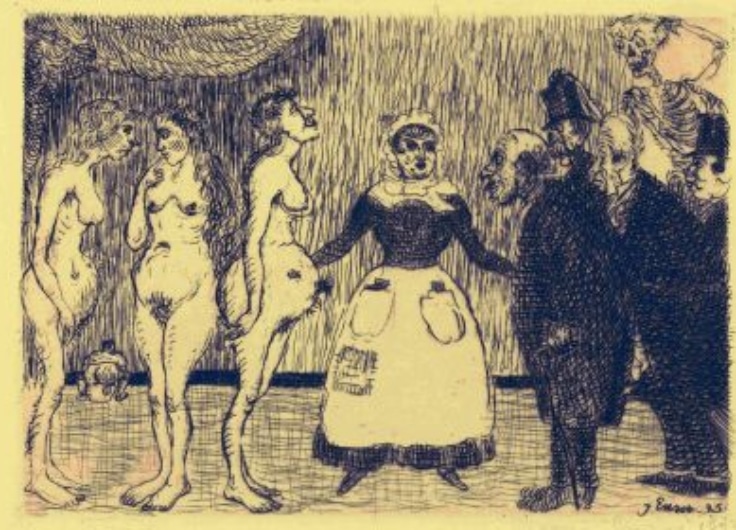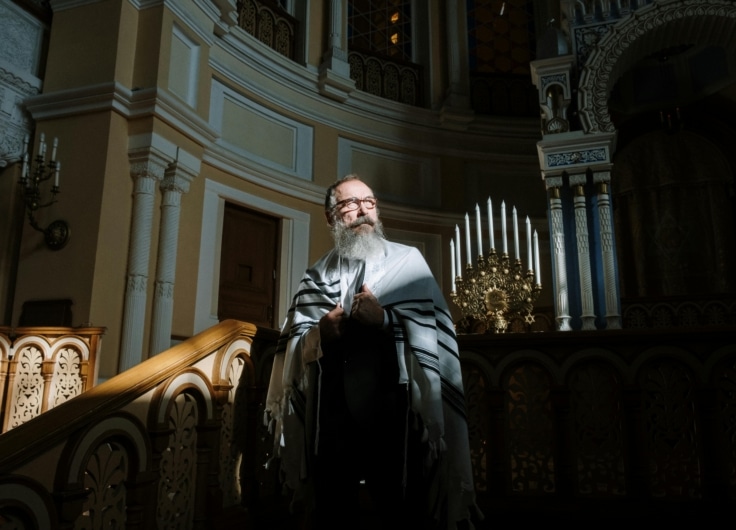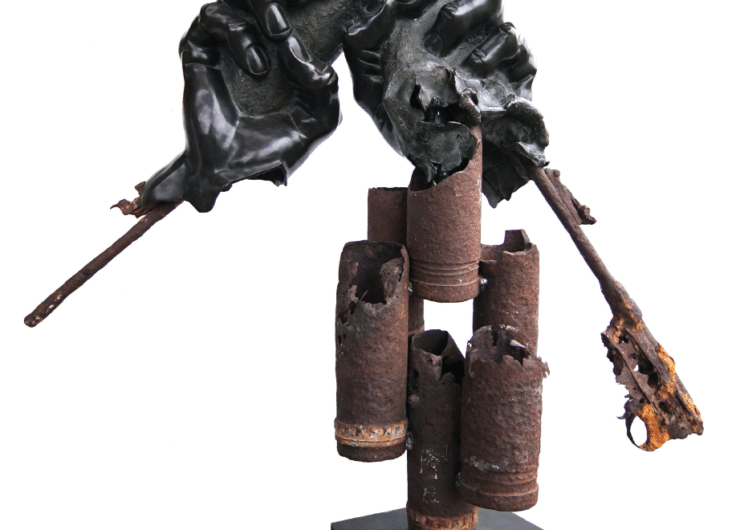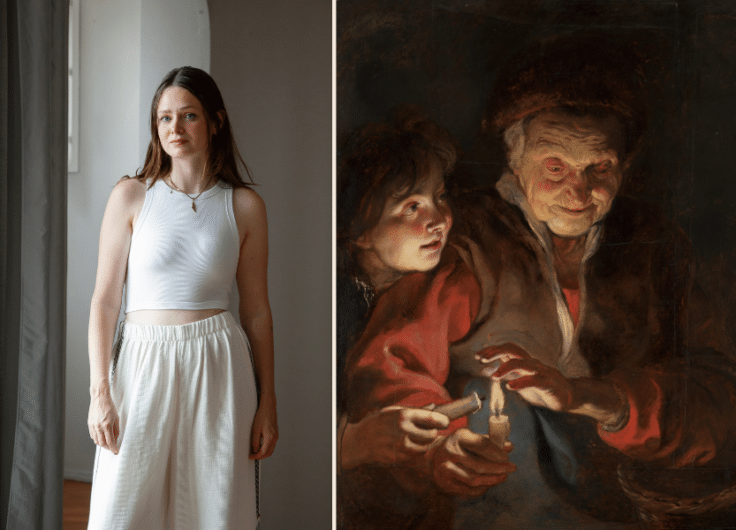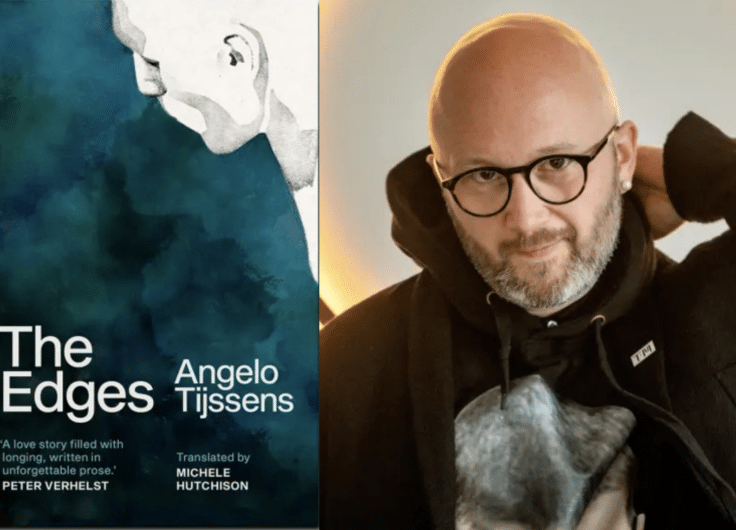Johannes Decat: What lines cannot tell
Eighteen young Flemish and Dutch authors bring an artefact to life from the Slavery exhibition at the Rijksmuseum in Amsterdam. In a poem, Johannes Decat gives a voice to the tally marks in an 1822 cash book for the Novo Sion plantation in Brazil.
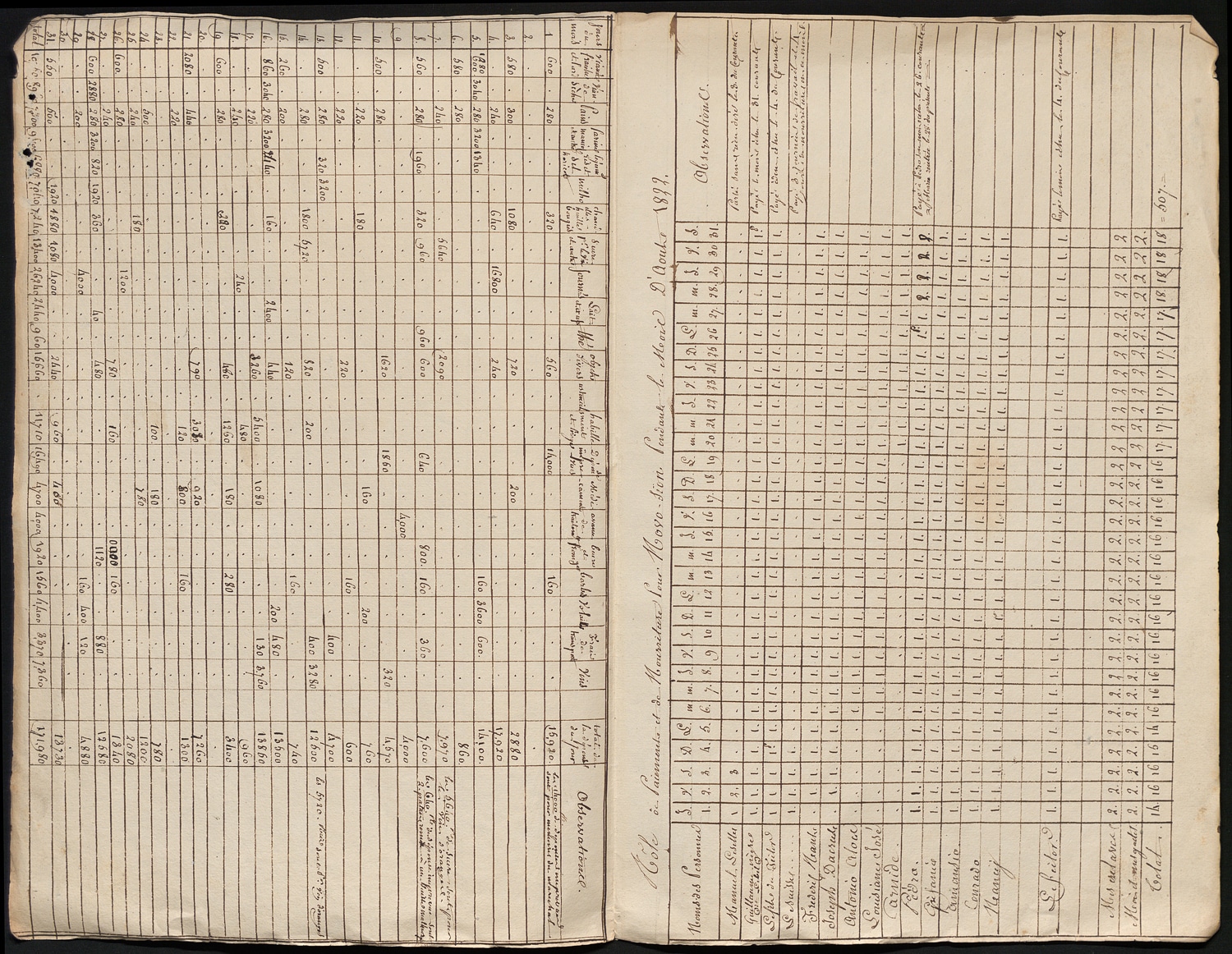 D. Garnier, balance-sheets and monthly statements concerning the plantation ‘Novo Sion‘(Brazil), 7 November 1822
D. Garnier, balance-sheets and monthly statements concerning the plantation ‘Novo Sion‘(Brazil), 7 November 1822© National Archives, The Hague
What lines cannot tell
We note,
A July day in the year 1822, Brazil
We report
Heart of palm, sugar cane and plantain
We are
strokes of the pen,
straight backs on the horizon,
refractions in hot air
We are slashes of ink
Burnt pigment
We are metre, we
keep time
This cash book needs no rhyme,
only reason
We are mere shadows
measured, weighed, counted, once
we ploughed the field, we
drew furrows in the clay, picked strange fruits,
but reaped no benefits from this, we
are lines,
hardly backbone
Our hangmen have their own lemmas.
You can find out who they were. What they did. What they wrote.
Learn how they died
of syphilis, pneumonia, alcohol and/or loneliness.
Of us, only lines remain
We are
incantations. Cadenced corsets.
We never stopped.
We began far too long ago and keep going still.
Together we form an elongated graben
We were fitted with new straitjackets.
We became bits and bytes, trapped in binary systems.
Excel sheets.
We are the hard data nobody wants to hear, we are
the search for work, a home, we are
tragedy behind bars
We cannot breathe, we gasp for breath and
during protests the cameras pick out not the words on our placards, but
a handful of rocks and broken storefronts and
our voices are stifled echoes and
your representations do not represent us, we
are lines
we note, report
the twenty-first century
we are
strokes of the pen,
straight backs on the horizon
refractions in hot air
This text was written during a residency at Flemish-Dutch cultural organisation Huis deBuren in association with the Biermans-Lapôtre Foundation.

